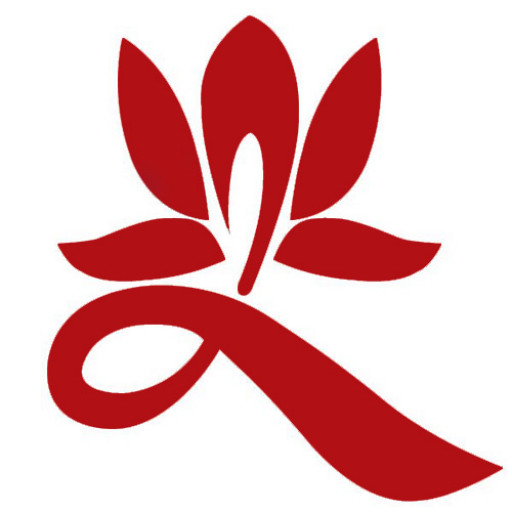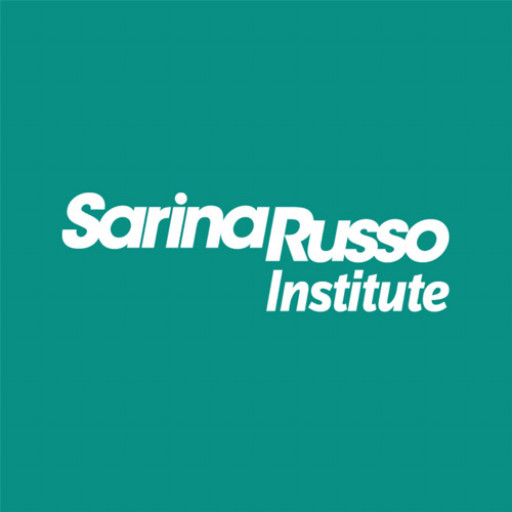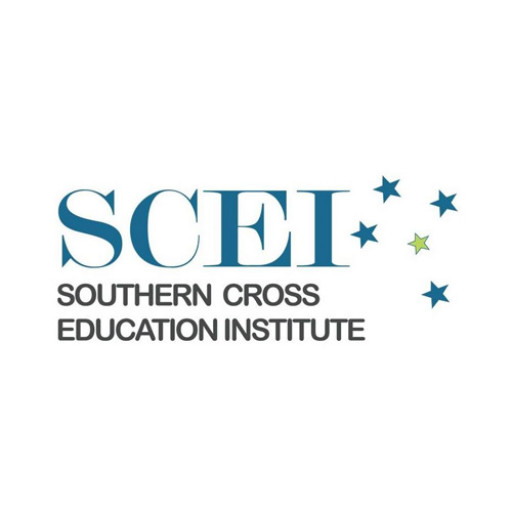Photos of university / #rmituniversity
This qualification reflects that the functions of community agencies, case management and social housing workers involved in the managing, coordinating and/or bringing of person-centred services to individuals, communities and groups. At this level, workers have specialized skills in community work and services autonomously under comprehensive guidelines from senior management. Workers are often supplying direct support to individuals or groups of people. Workers may even have responsibility for the oversight of other workers and volunteers and/or instance management; program ethics or the development of new business opportunities.Note that the Statutory & Staff kid, youth & family impairment specialisationmust be achieved orderto meet the minimum education requirements for child protection and youth justice practice in Victoria. Furthermore, to fulfill minimum education requirements for entry into child protection practice in Victoria, diploma credentials needs to be approved by the Australian Community Workers Association (ACWA)To achieve this qualification, the candidate must have completed at least 100 hours of work as detailed in the Assessment Requirements of units of competency.No law, legislative, regulatory or certification requirements apply to the qualification at that time of book.
Community Services at RMIT University offers a comprehensive and practical curriculum designed to prepare students for meaningful careers in social support and community development. This program provides a solid foundation in understanding social issues, working with diverse populations, and implementing effective interventions to improve community well-being. Throughout the course, students explore key areas such as human services, counseling, mental health, youth work, aged care, disability support, and community development principles. The curriculum emphasizes both theoretical knowledge and hands-on experience, with opportunities for internships and community placements that enable students to apply their learning in real-world settings.
Students will acquire essential skills in communication, ethical practice, advocacy, and problem-solving, equipping them to work effectively across various social services organizations. The program encourages a strong commitment to social justice and ethical practice, fostering a deep understanding of the complexities faced by different populations and communities. Courses are designed to develop cultural competency and sensitivity, preparing graduates to work inclusively and empathetically with individuals from diverse backgrounds.
Graduates of the Community Services program are well-positioned for careers in a range of roles within the community sector, including case management, support worker, community development officer, mental health support worker, or youth worker. The program also provides a pathway for further study or specialization in specific areas such as mental health, disability services, or social work. RMIT’s industry connections and focus on practical skills ensure that students graduate with relevant, employable expertise ready to make a positive impact in their communities.
Admission to the Bachelor of Community Services at RMIT University requires applicants to have completed Year 12 or equivalent with a competitive academic record. International students must demonstrate English language proficiency through tests such as IELTS with a minimum overall band score of 6.5, with no individual band less than 6.0. The program emphasizes core competencies in social sciences, psychology, and community development, requiring students to engage in coursework that includes lectures, tutorials, practical placements, and project work. A key component of the curriculum involves a minimum of 120 hours of supervised practical placement in community service agencies, which provides hands-on experience and enhances employability. The program is designed to equip students with skills in communication, problem-solving, and ethical decision-making, preparing graduates for roles in social welfare organizations, youth services, mental health support, and community development initiatives. Course prerequisites include foundational subjects in social studies or related fields, although strong motivation and relevant volunteer experience can be considered during admission evaluation. The degree incorporates interdisciplinary learning, combining theory with applied practice, reflecting current industry standards and ethical practices. Students are expected to participate in seminars, group discussions, and community engagement projects, fostering collaborative skills and cultural awareness. To complete the program, students must earn a minimum credit point threshold, typically through successfully passing all required coursework, placements, and assessments. Upon graduation, students receive a Bachelor of Community Services degree, which is accredited by relevant industry bodies, enabling graduates to pursue professional certification or further study at postgraduate levels. Additional requirements may include participation in university orientation programs and adherence to RMIT’s academic integrity policies. The program aims to produce graduates who are not only proficient in community service skills but also committed to social justice and lifelong learning.
The financial aspects of the Community Services program at the Royal Melbourne Institute of Technology (RMIT) encompass various elements aimed at supporting students throughout their studies. Tuition fees for this program are structured to reflect the level of study, with undergraduate and postgraduate students having distinct fee schedules. For domestic students, the tuition costs are generally subsidized by the Australian government, making education more accessible, whereas international students are responsible for full fee payments, which vary depending on the specific course and duration. The estimated tuition fee for domestic students enrolled in community services-related programs typically ranges from AUD 10,000 to AUD 15,000 per year, while international students might expect fees in the range of AUD 30,000 to AUD 35,000 annually.
In addition to tuition fees, students may incur costs related to uniforms, textbooks, and other learning materials. RMIT offers a variety of payment options, including upfront payments, payment plans, and scholarships to support students financially. Scholarships are awarded based on academic merit, financial need, or specific criteria related to community service interests, and applicants are advised to check eligibility requirements early in their application process.
Students interested in financial aid can explore government assistance options such as Austudy, Youth Allowance, or related funding schemes tailored for higher education students. International students might also consider private scholarships or educational loans if available. RMIT provides comprehensive guidance on available financial support, ensuring students understand their obligations and options.
Work-integrated learning features in the program can also contribute to a student’s financial stability, providing opportunities for part-time employment or placements that offer both practical experience and income. The university's strong industry connections often facilitate job placements that help offset educational costs.
Furthermore, students should consider additional living expenses, including accommodation, transportation, and personal costs, which are significant factors influencing the overall financing of higher education. RMIT’s campus facilities and student services include financial counseling to assist students in managing their budgets and planning for successful studies.
In summary, the financing of a Community Services program at RMIT involves tuition fees, learning materials, living expenses, and potential financial aid opportunities, with support structures in place to help students manage these costs effectively and complete their studies successfully.
The Bachelor of Community Services at RMIT University is designed to prepare students for a variety of roles within the community services sector, focusing on supporting individuals, families, and groups to improve their well-being and social functioning. This program emphasizes practical skills, theoretical knowledge, and ethical understanding necessary to work effectively in diverse community settings. Students will gain expertise in areas such as social welfare, mental health, youth work, disability services, aged care, and culturally appropriate practices. The curriculum combines lectures, tutorials, and hands-on experience through industry placements, ensuring graduates are well-equipped to meet real-world challenges. RMIT’s community engagement initiatives and partnerships with industry organizations provide students with opportunities to undertake practical placements, enhancing employability skills. The program also emphasizes the development of communication, problem-solving, and intercultural skills, which are vital for working in multifaceted community environments. Graduates can pursue employment in government agencies, non-profit organizations, aged care facilities, mental health services, youth services, and community development projects. The program aims to foster a compassionate, ethical, and socially conscious approach, encouraging students to advocate for social justice, human rights, and inclusion. The duration of the course is typically three years of full-time study, with options for part-time study and flexible learning. Admission requirements include prior education credentials and possibly relevant work or volunteer experience. Overall, the Bachelor of Community Services at RMIT provides a comprehensive foundation for those committed to making a positive impact in society through dedicated community work.








